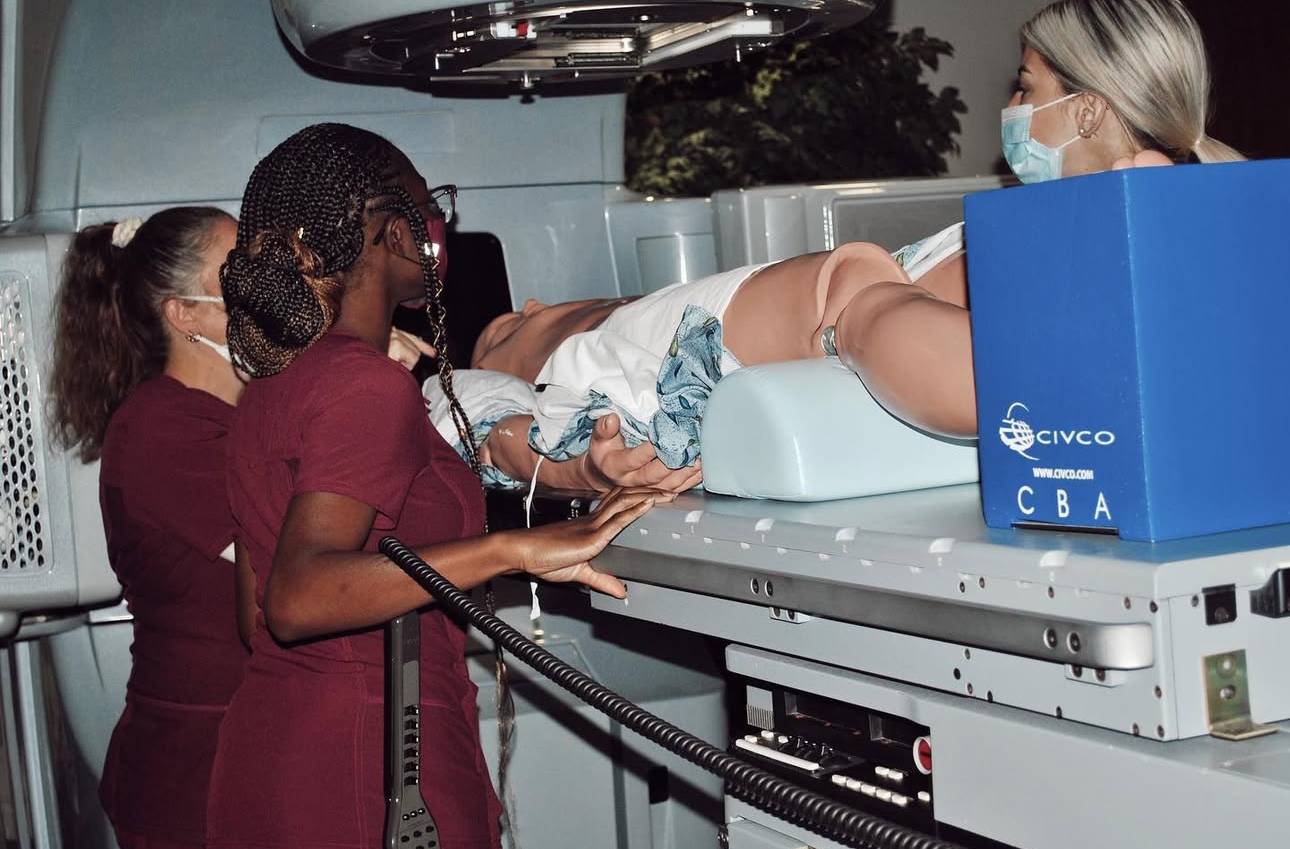The radiation therapist is a key member of the healthcare team who uses various forms of radiation to treat cancer. The practice of radiation therapy is performed by competent therapists who deliver care to the patient in the therapeutic setting and are responsible for the simulation, treatment planning and administration of a prescribed course of radiation to diminish malignant disease.
The Role of a Radiation Therapist

Radiation therapists assume direct responsibility for the well-being of the patient. Because of sustained contact patients, the radiation therapist has considerable responsibility in patient care, dietary counseling and treatment evaluation. The radiation therapist must also appreciate the significant psychological impact that cancer has on patients and their families.
